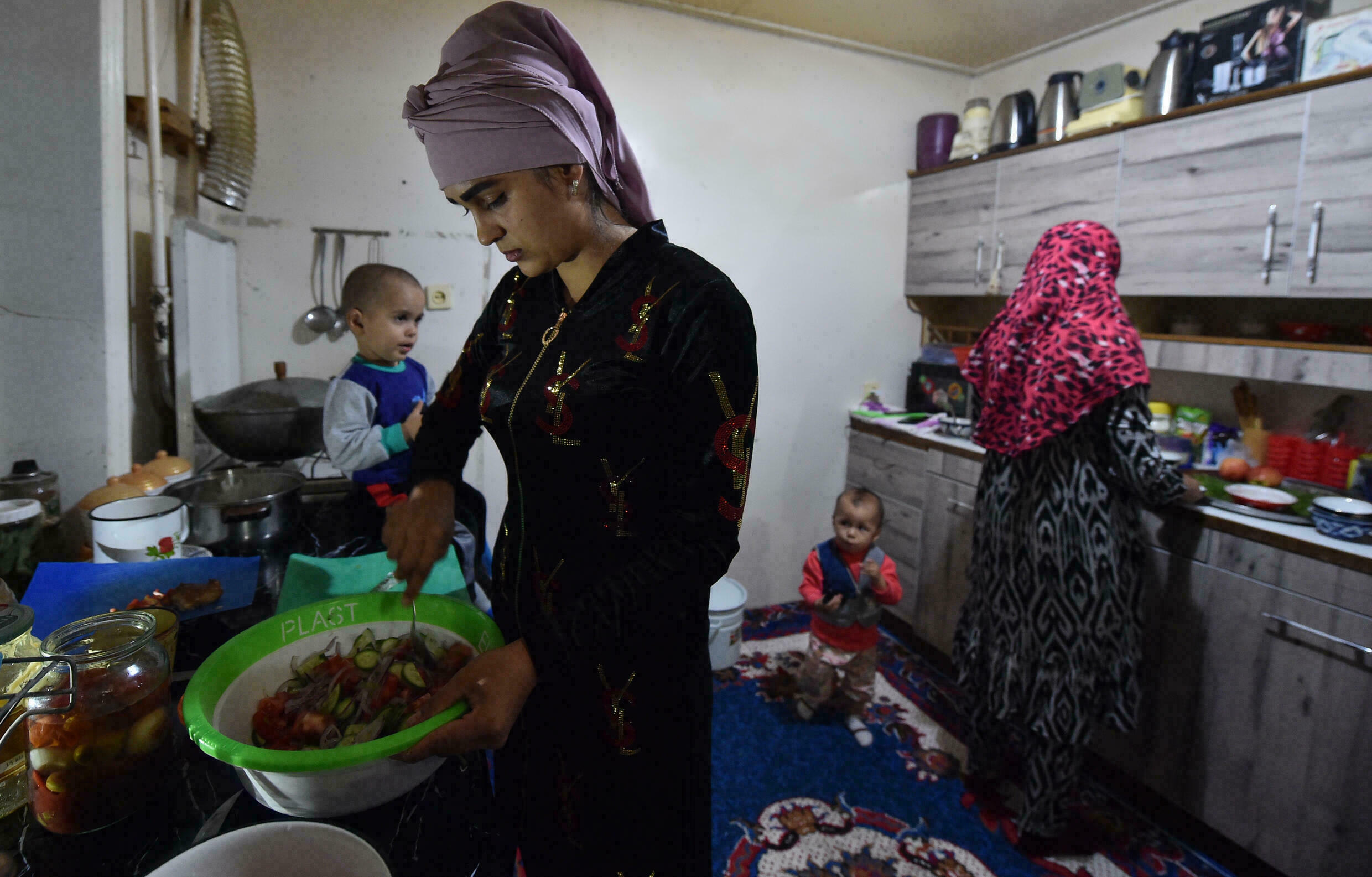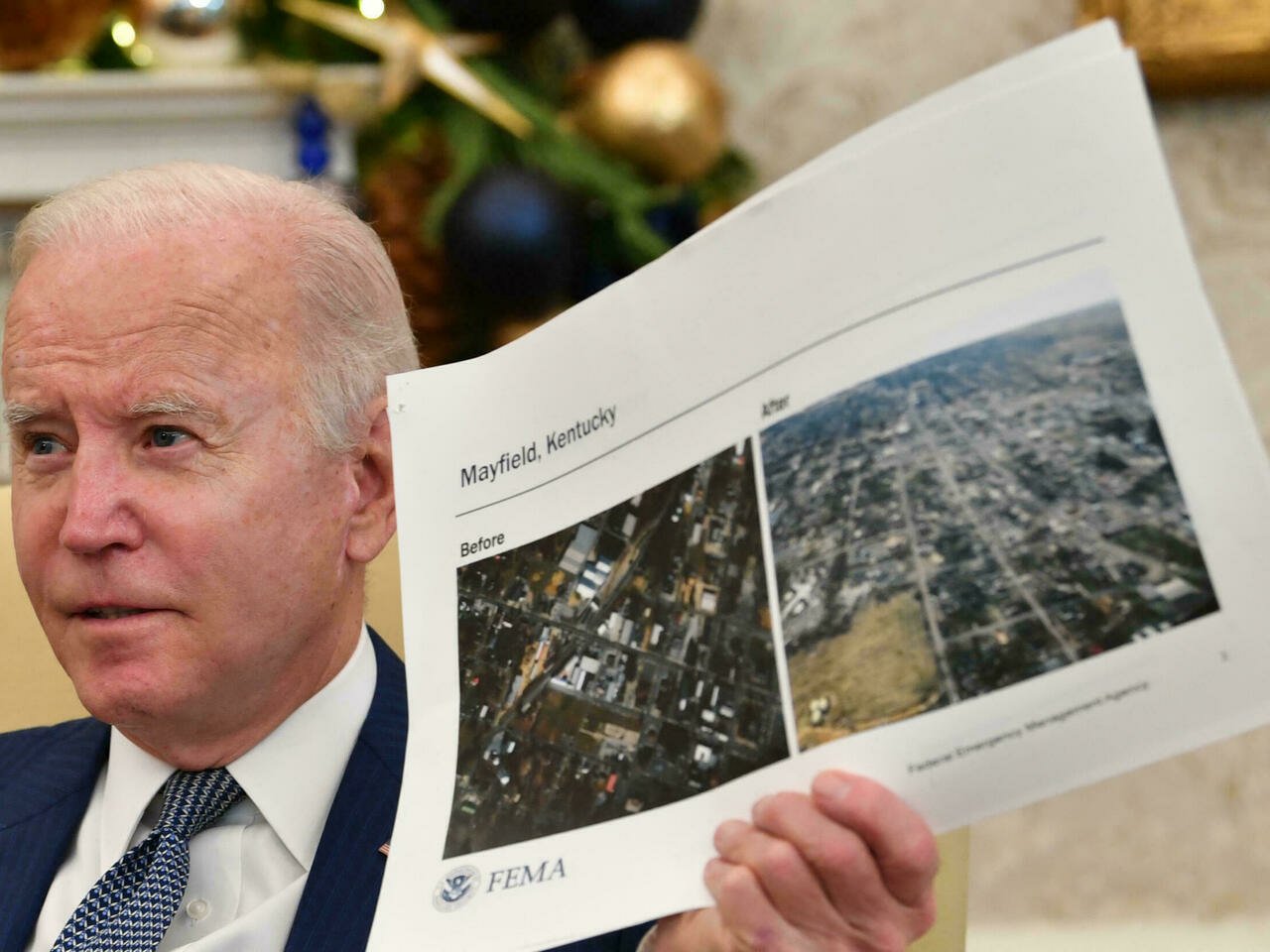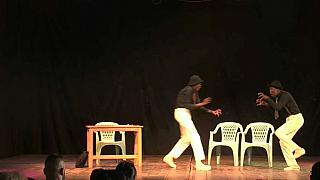Freedom of speech on the line in ‘New Uzbekistan’
The 41-year-old quickly gained a loyal following with coverage of other forced evictions and videos blaming the authorities for high food prices, neglecting heating infrastructure and corruption at state companies.
Sattoriy and other citizen journalists were emboldened by assurances from President Shavkat Mirziyoyev, who, after taking power in 2016 was undertaking reforms unthinkable under his predecessor, an infamous rights abuser in Central Asia.
Otabek took his lead from the president who said ‘expose all shortcomings, don’t be afraid, criticise. I Shavkat Miromonovich Mirziyoyev stand behind you,'” his father recalled in an interview with AFP.
“Everyone began to phone him. He tried to solve their problems — wherever there was no gas, wherever the roads weren’t paved, wherever there was no running water,” 69-year-old Abdumannon Sattoriy said, crossed-legged on the floor of the modest family home in southern Uzbekistan.
Then police swooped in.
In January, more than 20 plain-clothes security officers raided Sattoriy’s home in Termez near the border with Afghanistan.
“They were searching everywhere. Otabek’s desk, all the furniture, our laundry, they turned it all over,” Abdumannon Sattoriy recounted.
‘Frighten the press’
Ultimately, the blogger was arrested and jailed in May for more than six years on defamation and embezzlement charges.
The ruling drew condemnation from international rights groups which say it points to the limits of free speech under Mirziyoyev’s rule — set to be extended in a vote Sunday.
The Committee to Protect Journalists called the case “a clear attempt to frighten the press away from covering sensitive issues as presidential elections grow near”.
It also contradicted changes in the media landscape under Mirziyoyev after his predecessor tolerated no independent media and bad news was ignored completely.
It rendered him the first media worker to be jailed since the passing of the guard between Islam Karimov and his former prime minister of 13 years, 64-year-old Mirziyoyev.
The president, who is facing off against four token candidates Sunday, has been credited with bringing the country out of deep isolation, loosening tight controls over Islam and the media and ending forced labour in the Central Asian country’s cotton fields.
In the years before the case, authorities had released several journalists jailed under Karimov, including an editor and a reporter — Muhammad Bekjanov and Yusuf Ruzimuradov — who were the two longest-imprisoned media workers in the world.
“Vibrant and dynamic outlets have emerged that regularly report on sensitive topics ranging from high-level corruption to police misconduct”, said Steve Swerdlow, associate professor of the practise of human rights at the University of Southern California.
‘Ugly authoritarian habits’
For the last year or more, however, “ugly authoritarian habits have reared their head,” Swerdlow said.
Moving forward, the path for journalists and bloggers is complicated by vaguely worded media legislation that gives law enforcement latitude to make arbitrary arrests, according to Dilfuza Kurolova, a lawyer in the capital Tashkent.

Kurolova argues multiple economic and social crises unleashed by the pandemic might help explain the recent backsliding on freedom of speech.
“There was always going to be a time that the state needed to show its hegemony,” she told AFP.
The tightening of screws on new media outlets and bloggers has raised questions about Mirziyoyev’s commitment to freedoms his regime has allowed.
The problems highlighted in Sattoriy’s blogs were far from unique in his region and have undermined a state media narrative of rapid economic progress.
But for Sattoriy’s father, it is provincial officials who are to blame for his son’s plight, not Uzbekistan strongman.
“He is a real president,” said Sattoriy, a lifelong communist who held posts in his region’s Soviet-era party.
“I make no secret of it — on Sunday I will go and vote for him just like I did five years ago.



